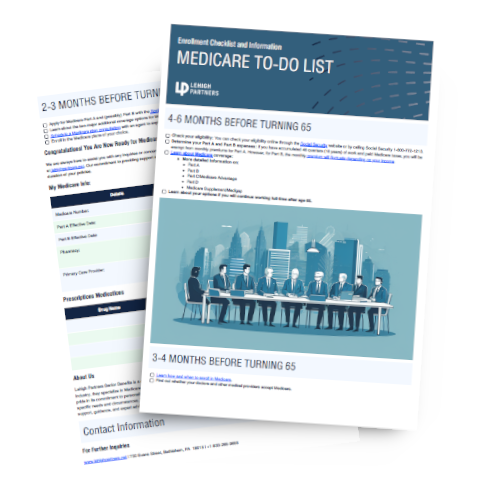Medicare supplement insurance is health insurance sold by private insurance companies to help fill the "gaps" in Original Medicare. It can offer Low to no out-of-pocket costs, no networks (Keep your doctor that accepts Medicare patients), and its guaranteed renewable coverage in most cases.
A Medicare supplement policy, sometimes called Medigap is different from a Medicare Advantage Plan, and policies don’t cover prescription drugs. Medicare Advantage Plans bundle your Hospital (Part A), Medical (Part B), and usually drug coverage (Part D) into one plan. Most Medicare Advantage Plans also offer extra benefits that Medicare doesn’t cover, like vision, hearing, dental, and more.
A Medigap policy helps lower your share of costs for approved Part A and Part B services when you have Original Medicare. If you want drug coverage, you can join a Drug Plan (Part D) in addition to buying a Medigap policy.
Medigap only works with Original Medicare. Medicare pays its share of the approved service, and then your Medigap policy helps pay your share. You can’t get a Medigap policy if you have a Medicare Advantage Plan, unless you switch back to Original Medicare.
You need both Medicare Part A and Part B to buy and keep a policy.
The best time to get a policy is during your Medigap Open Enrollment Period. It’s the 6-month period that starts the month you turn 65 and you first have both Medicare Part A and Part B. During this time, you can buy any Medigap policy sold in your state, even if you have health problems.
If you’re under 65, you may not be able to buy a Medigap policy, or you may have to pay more.
After your Medigap Open Enrollment Period ends, you may not be able to buy a policy. If you're able to buy one or want to switch policies later, it may cost more.
You may have Medigap protections, called guaranteed issue rights, in certain situations when insurance companies must offer you certain Medigap policies.
There are 10 standardized plans. Each plan offers different levels for how much of your costs they’ll pay for. They’re named by letter, like Plan A, and Plan B. Not all plans are offered in every state.
If you live in Massachusetts, Minnesota, or Wisconsin, your state offers different standardized plans.
You'll keep your policy, even if you have health problems, as long as you pay your Medicare supplement policy and Part B premiums.

